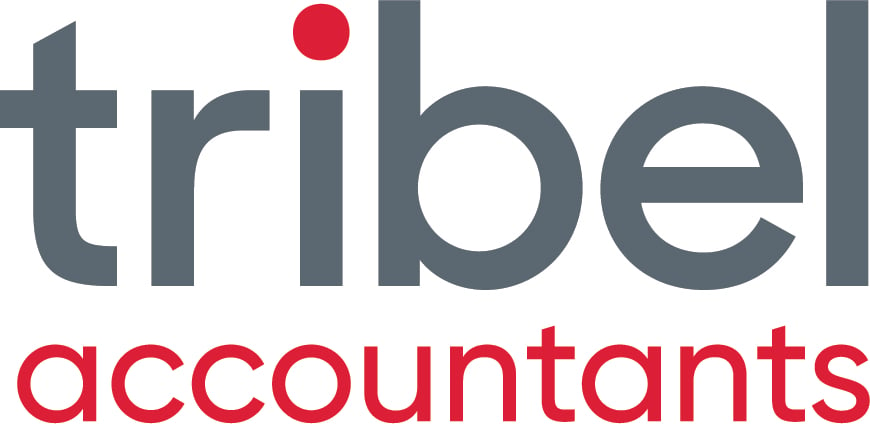INTRODUCTION:
There are many types of situations where a business valuation will be required to support the taxation treatment of certain transactions. Where there is no ready market data available, it's crucial that you or your small business accountant consider obtaining a business valuer to support your position or you may end up with a very large taxation bill with penalties and interest.
Here are some situations where you may require a business valuation for taxation purposes.

Figure 1: Don't be a target of the ATO with no formal business valuations to support your position
1. Issue Of Shares In Private Company
If you wish to issue shares in a private company, these need to be at market value. Putting a nominal value on these could leave you exposed to the ATO.
2. Share Transfers Between Related Parties
Transfer of shares to other entities and/or individuals that are related parties need to be transferred at arms length values. Typically this will occur if family members wish to allocate some shares to the next generation or for asset protection purposes they might wish to transfer shares into a family trust.
3. Using The Small Business Capital Gains Tax Concessions
A business valuation will be scrutinised closely by the ATO where the taxpayer is looking to take advantage of the Small Business CGT Concessions but whose assets is close to the maximum net asset value test of $6,000,000 (assuming the $2,000,000 turnover test is failed).
Many (including small business accountants) forget to include a value for goodwill for various business entities, meaning that in many cases the test will be failed.
4. Division 7A
Loans by companies to shareholders are typically made by private companies but can only be deemed to be dividends where there is what is known as a 'distributable surplus' or can be ignored. These are known as Division 7A loans. The retained earnings in a balance sheet might imply that there is no distributable surplus but if there is a level of goodwill in the business or other assets have not been given a market value then a distributable surplus may exist.

Figure 2: Lending monies to associated shareholders can lead to them being treated as dividends in certain circumstances
5. Value Shifting
Most value shifts happen when dealings or transactions between two parties are not at market value and result in the value of one asset decreasing and (usually) another asset increasing. If you have this situation you should consider getting an experienced business valuer Sydney.
6. Tax Consolidations
With taxation consolidations, where there has been no actual sale, the ATO will examine any transactions to determine whether market values have been applied to various asset classes such goodwill.
7. Mergers, Demergers & Restructures
Again as for point 6 above.
CONCLUSION:
Wherever the above type of transactions are about to occur, be sure to understand that the while in many cases you will be looking to minimise any tax consequences, if you don't have business valuations that would stand up to the level as those prepared by experienced business valuers, you could end up with a massive bill from the ATO.
Now that is something nobody wants.


.png?width=100&height=100&name=COVID_Safe_Badge_Digital%20(002).png)




